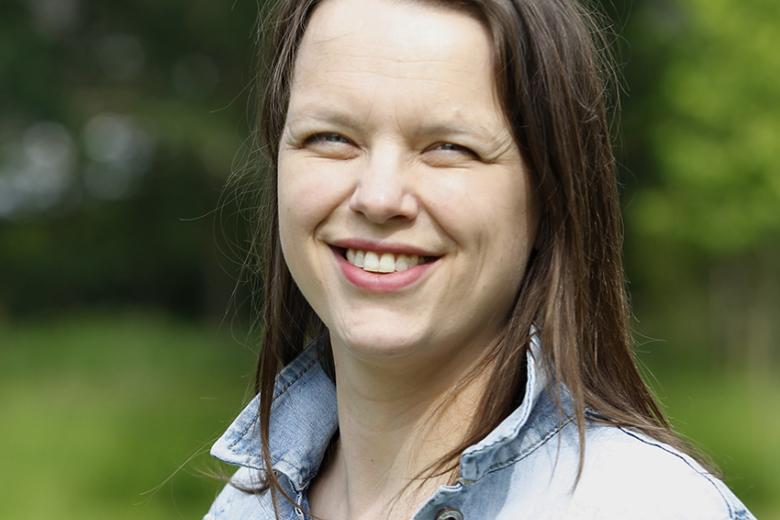Earlier detection of COPD feasible
If COPD can be detected at an earlier stage in healthy people, this can improve treatment and may lead to lower direct health care costs. COPD is an insidious disease; you feel nothing until part of your lung function is lost. The disease is predicted to become the third leading cause of death in Europe by 2020. By providing financial support, politicians and policymakers can ensure that general practitioners detect COPD patients at an earlier stage. This was the conclusion that Jos Dirven reached in his dissertation 'Early detection of COPD in general practice', which is based on the development of strategies for general practices to identify COPD at an early stage.
About half of the people with COPD do not know they have the disease. Their COPD diagnosis is unknown to their general practitioner, is made too late or is incorrect. This is because patients underestimate the severity of mild respiratory symptoms; they get used to the complaints and learn to live with the restrictions. Smokers and people in disadvantaged neighbourhoods who more often work in dusty environments or have a less healthy lifestyle are more susceptible to lung problems and have a greater risk of COPD.
Jos Dirven: "My dissertation is based on the development of efficient strategies for general practices to detect COPD at an early stage. That is why I actively started looking for COPD in "healthy" people. About 10000 people between the ages of 40 and 70 were sent a questionnaire (8 questions) by mail. The survey found that approximately two-thirds of these "healthy" people reported complaints but had never consulted a doctor. Lung function measurements (spirometry) often revealed COPD in this group of people. This is particularly alarming because COPD is predicted to become the third leading cause of death in Europe by 2020. I want to call on politicians and policymakers to financially support the infrastructure so general practitioners can detect COPD patients at an earlier stage."
The questionnaire, which is part of the detection programme that Dirven describes in his dissertation, was developed as part of previous research by Professor Onno v. Schayck. This instrument can help detect people with a "high risk of COPD". Newly diagnosed patients are often immediately given an inhaler and are also eligible for follow-up examinations. This allows for possible lung attacks to be prevented, and will improve lung function and likely also people's quality of life. This research shows that active assistance from general practitioners results in more people filling out the questionnaires and many new cases of COPD being diagnosed. Other research shows that the number of lung attacks decreases among known COPD patients who get medical treatment. As a result the costs of direct health care for the group known CPOD patients in the end are less than for the group unknown COPD patients. However, follow-up research will need to determine the extent to which early detection of COPD actually leads to lower costs.
This research has been facilitated by the Lungfund and the Dutch Family Medicine Association.
Also read
-
Workout in the morning or afternoon?
At what time of day is the best time to exercise? Scientists Patrick Schrauwen and Mathijs Hesselink are trying to find out through research.

-
Resilience important quality of healthy elderly
Professor Hilde Verbeek shares her opinion on healty ageing

-
From ice cream to stew, why our eating habits change in autumn.
From ice cream to stew, why our eating habits change in autumn.
